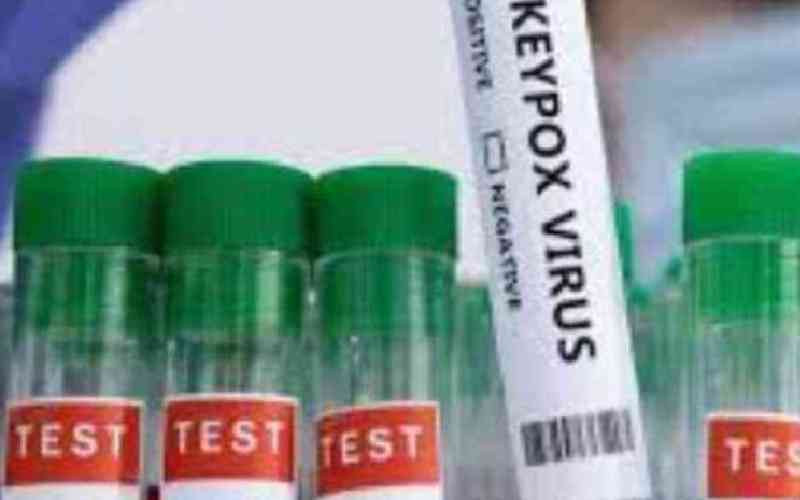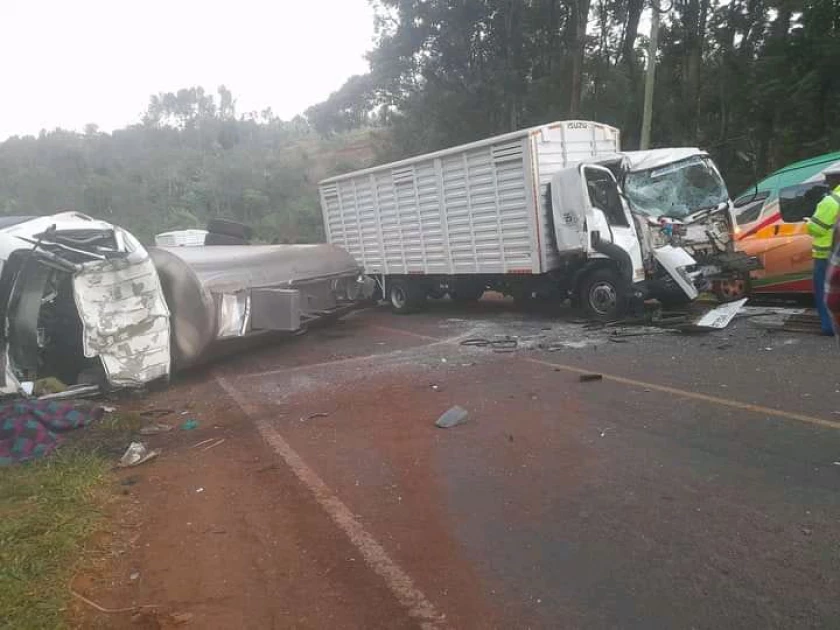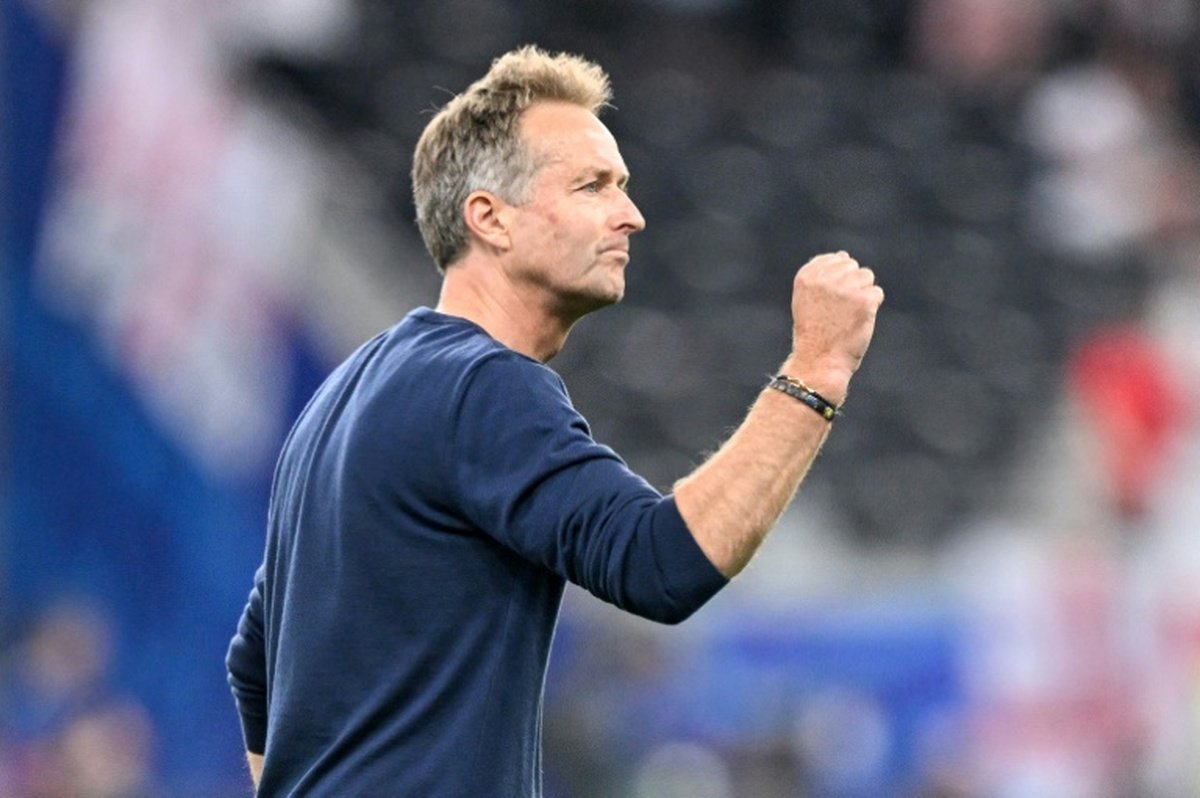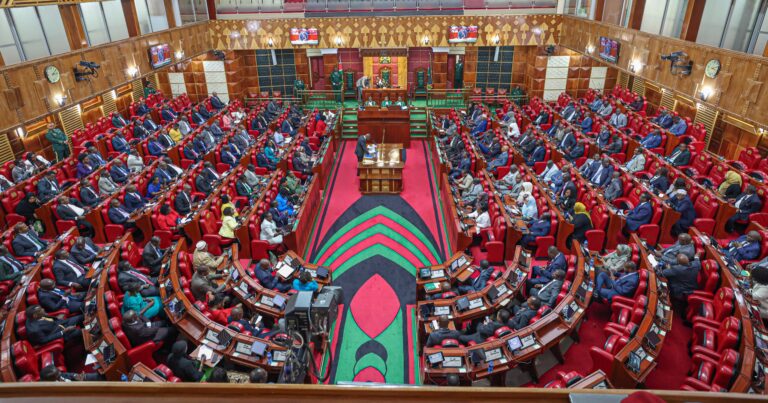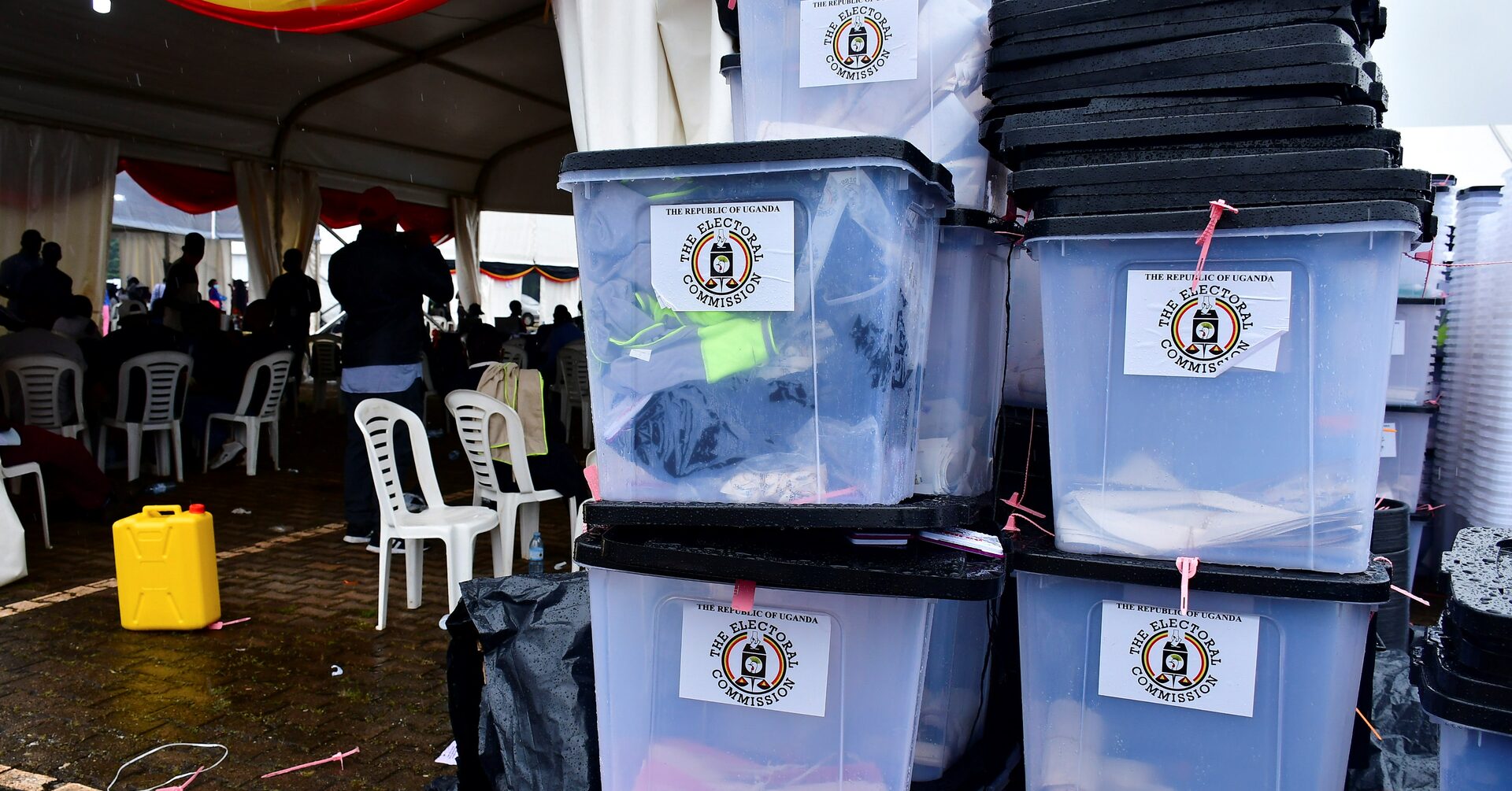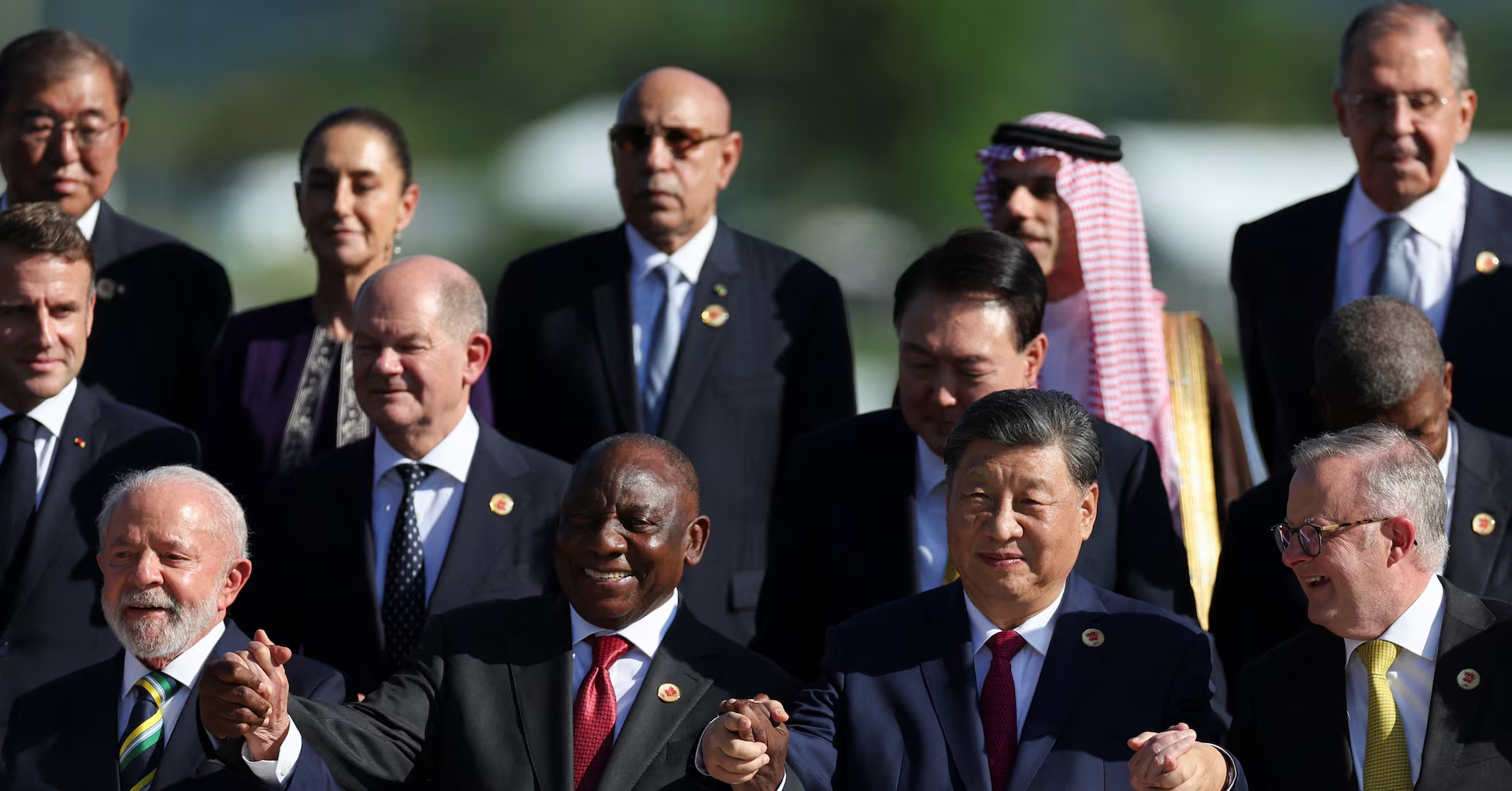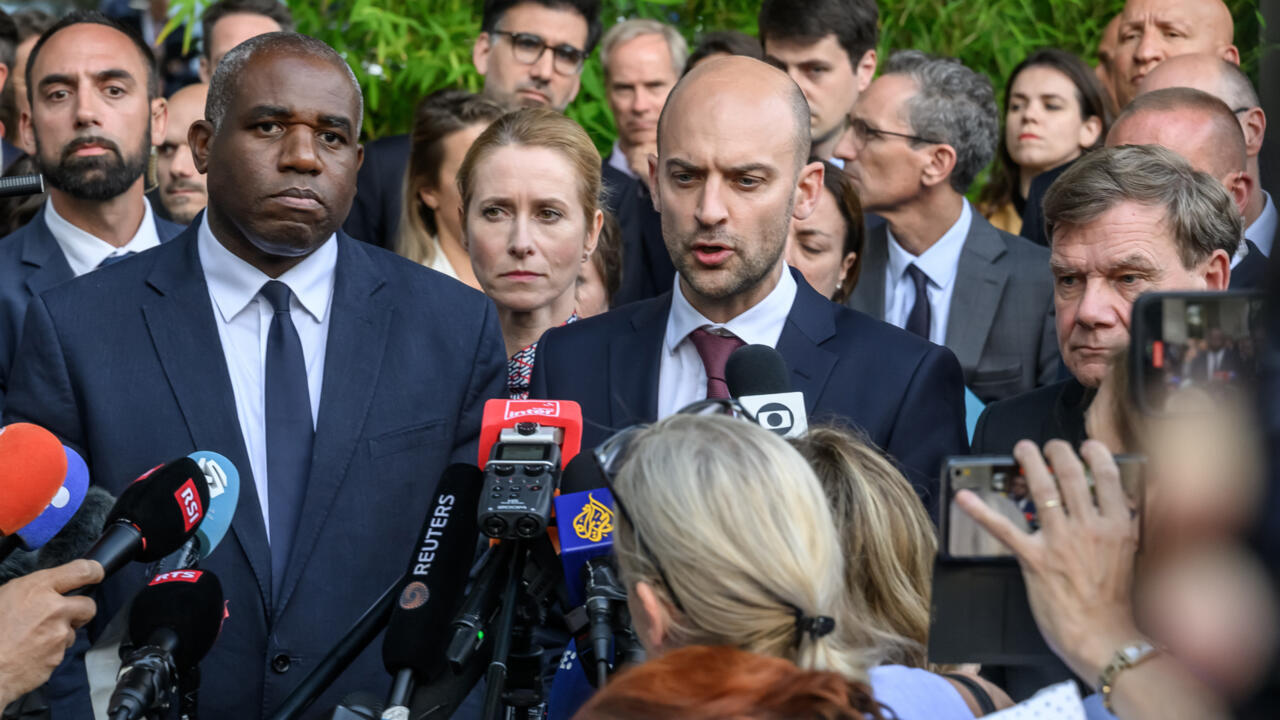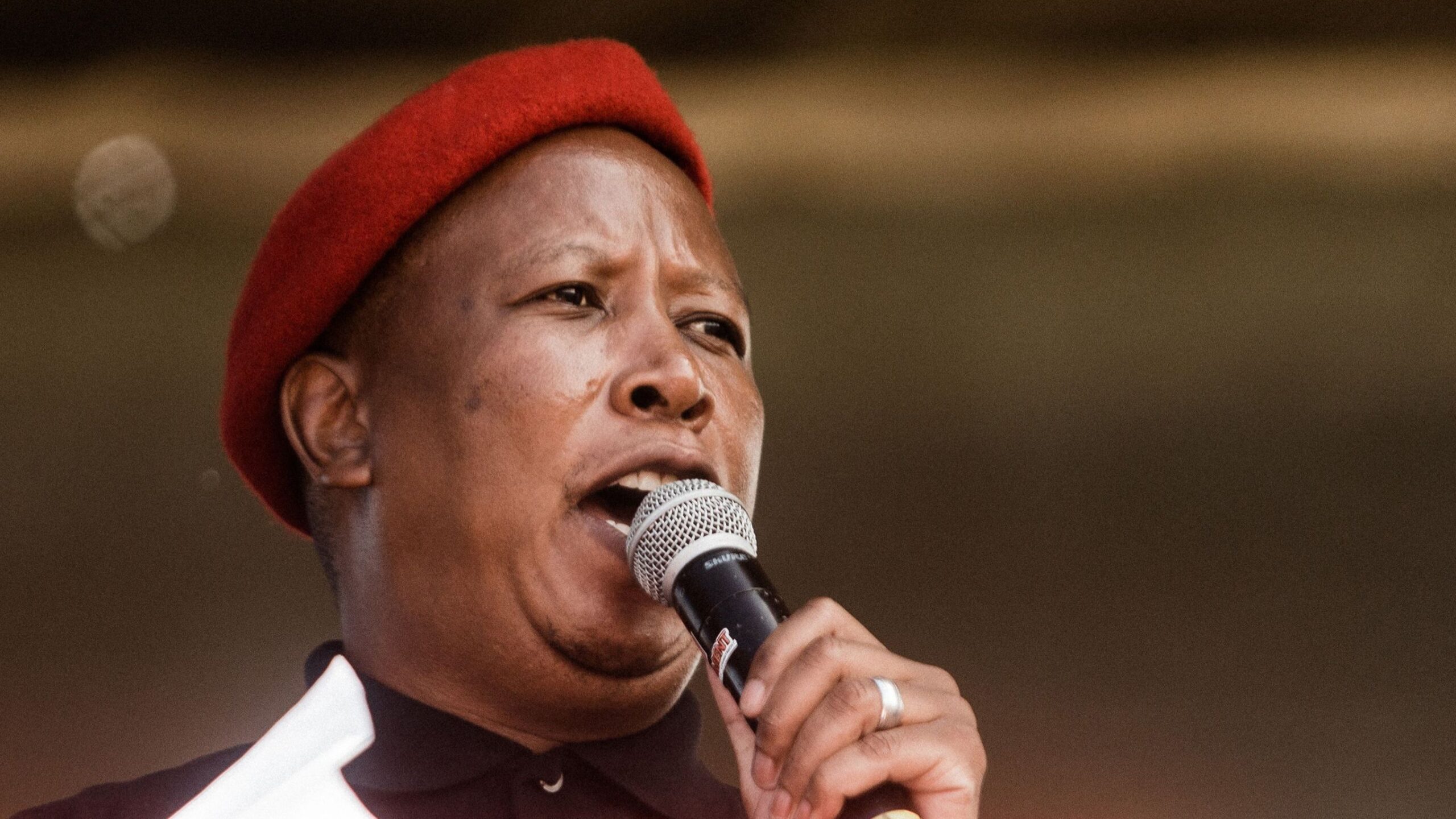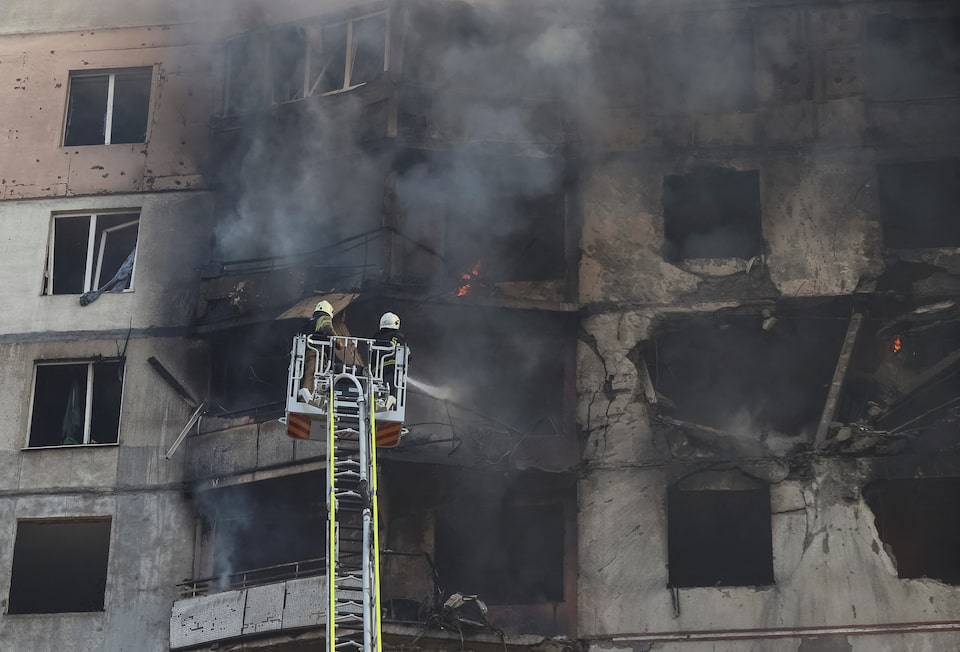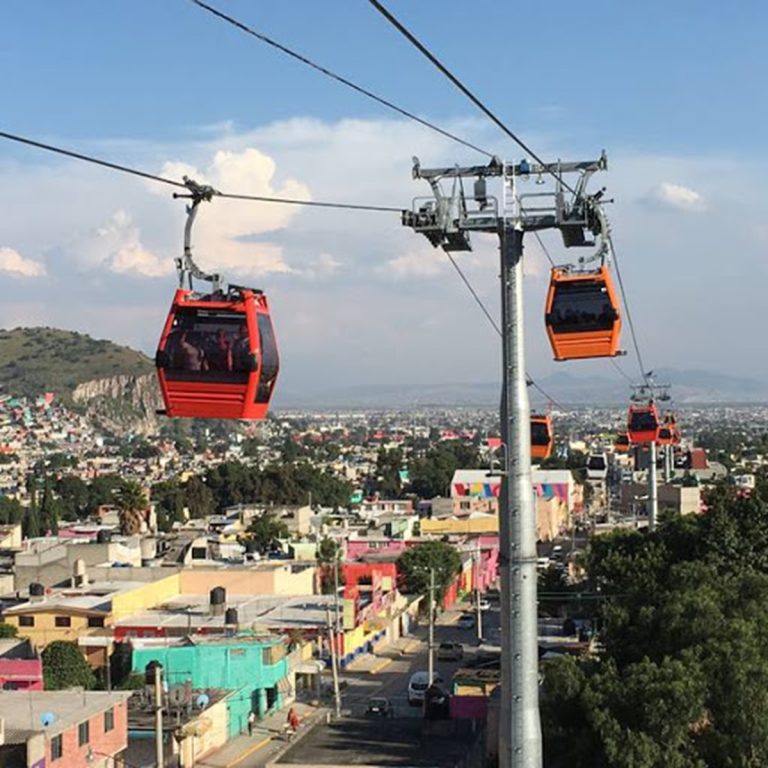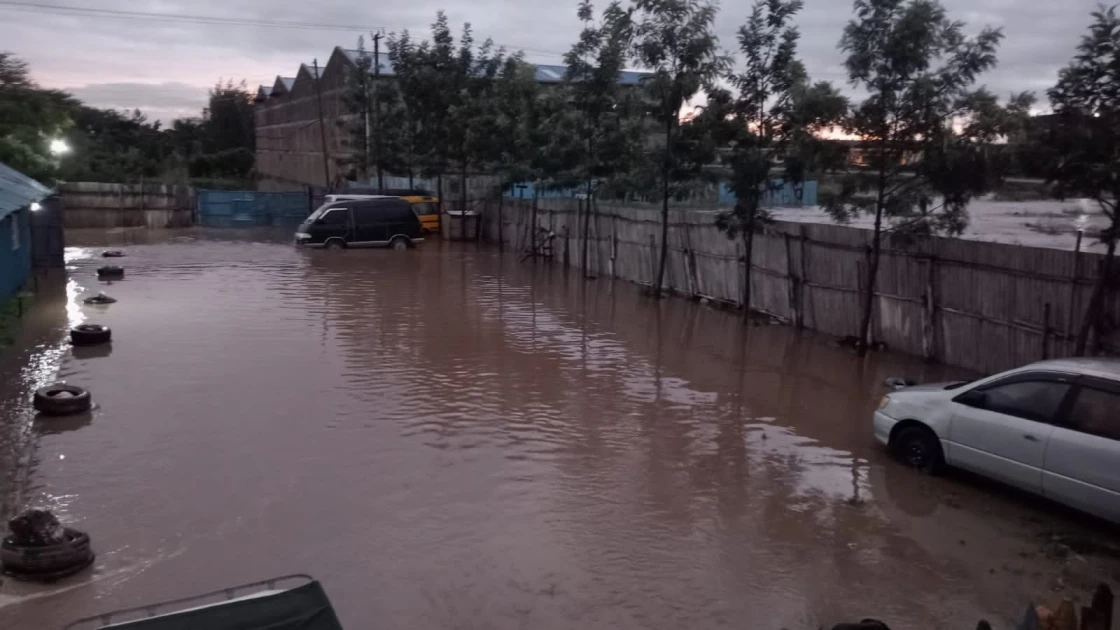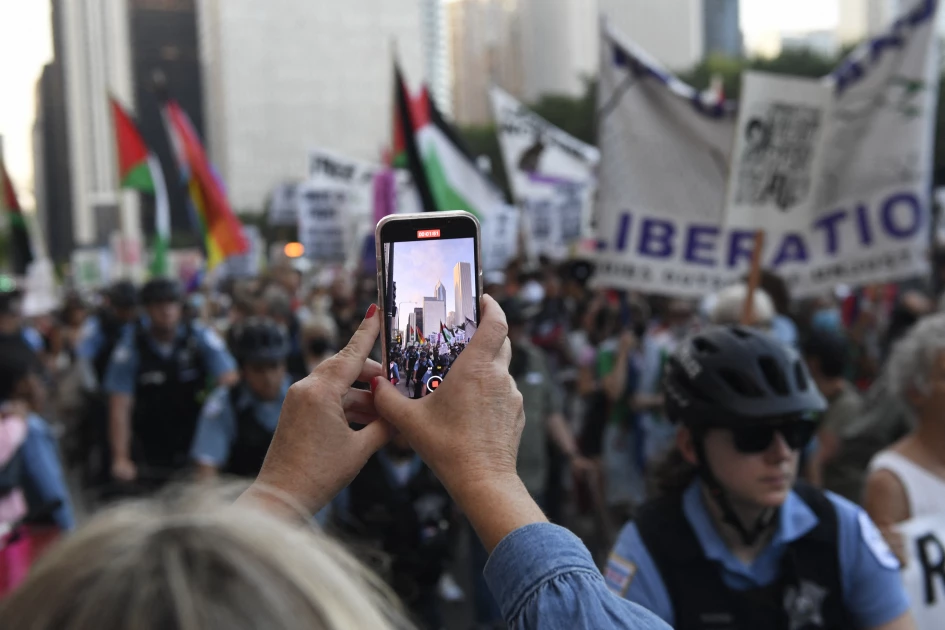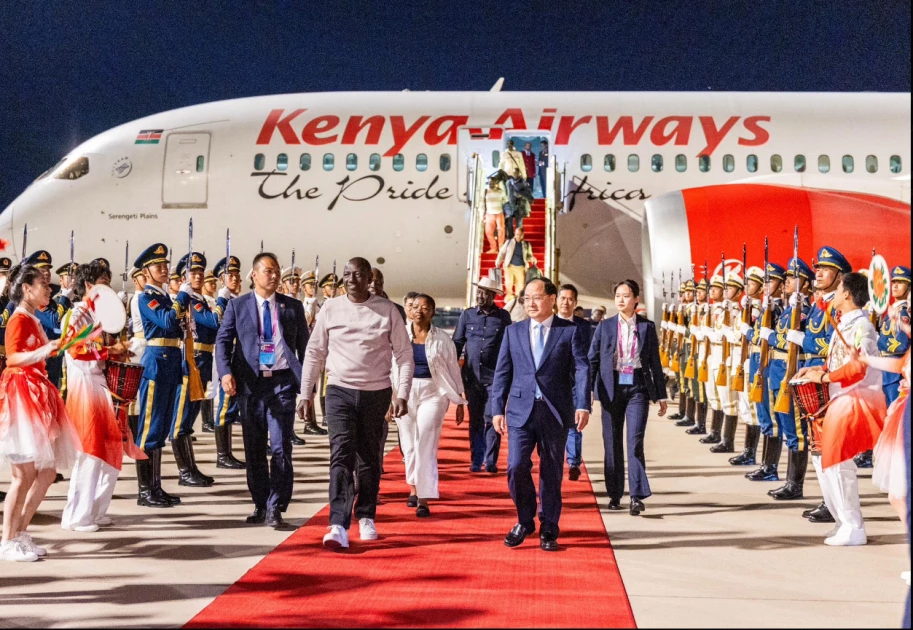Uganda’s political stage is heating up ahead of the January 12, 2026 presidential election. The country’s Electoral Commission has confirmed receiving 88 applications from individuals seeking to run for the nation’s top seat—a record number in modern history and a potential sign of growing political competition.
The figure includes five women and 32 new male contenders, many of them youthful challengers hoping to disrupt Uganda’s entrenched political order. The application process remains in its preliminary stage, with the deadline for picking nomination materials set for August 24.
To qualify, each aspirant must secure signatures from at least 100 registered voters in two-thirds of Uganda’s 98 districts.
Museveni Still Dominates the Landscape
Incumbent President Yoweri Museveni, now 80 years old, has ruled since 1986 and is widely expected to seek re-election. In June 2025, he picked up his nomination forms, and on July 7, his party, the National Resistance Movement (NRM), officially endorsed him as their 2026 flagbearer.
Museveni says his focus is steering Uganda toward becoming a “high upper-middle-income country,” but his long tenure and constitutional changes removing term limits have fueled criticism from opposition figures and civil society.
Main Opposition Figures
Bobi Wine (Robert Kyagulanyi Ssentamu) – Leader of the National Unity Platform, the 43-year-old former musician declared in April 2025 that he will contest again despite what he calls an “atmosphere of intimidation and repression.” He remains a key voice for Uganda’s youthful population—over 80% of citizens are under 35.
Kizza Besigye – A veteran opposition leader and four-time presidential candidate, Besigye remains in military detention on treason charges since November 2024. Despite his arrest, he launched a new party—the People’s Front for Freedom—in July 2025.
Challenges Ahead of the Polls
Uganda’s election environment faces several hurdles:
- Militarization of Politics: Museveni’s son, Gen. Muhoozi Kainerugaba, is a powerful military commander and possible successor. His public threats toward opposition figures have drawn international concern.
- Use of Military Courts: A newly passed bill allows civilians to be tried in military courts, which critics argue will be used to silence dissent.
- Shrinking Civic Space: Arrests, harassment, and intimidation of political opponents remain a key concern for human rights groups.
- International Backlash: The European Union and rights organizations have condemned Uganda’s political climate, with accusations of abductions and torture targeting opposition supporters.
What’s Next?
As the August 24 nomination deadline approaches, the number of aspirants could rise. Once the final list is confirmed, the official campaign period will set the tone for whether Uganda’s 2026 election becomes a true contest—or another affirmation of Museveni’s decades-long grip on power.
With 88 hopefuls, a politically energized youth, and high-profile opposition figures, Uganda’s upcoming vote could be its most unpredictable in years—if the political playing field remains open.



